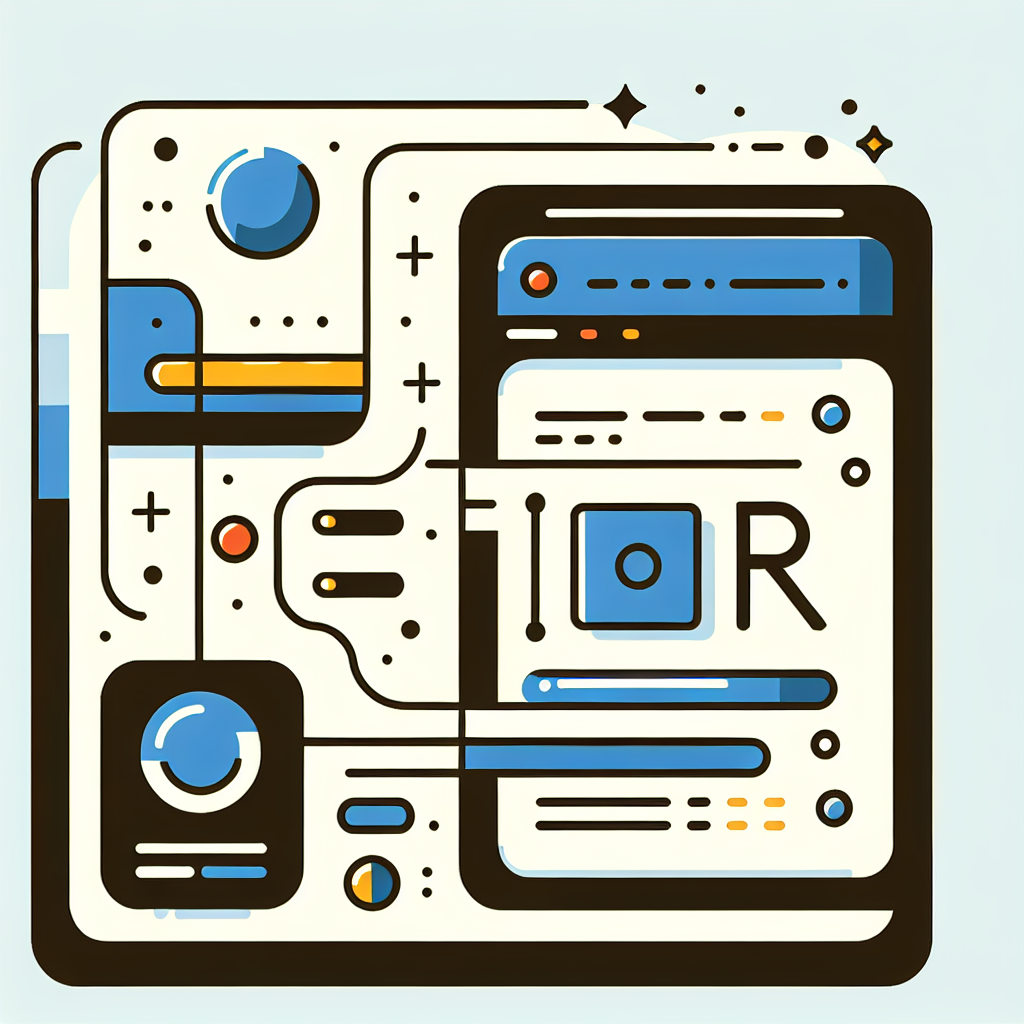Convert R to Objective-C: Seamless Code Transformation
Effortlessly convert R code to Objective-C with our powerful tool. Enhance efficiency, streamline development, and bridge language gaps seamlessly.
Source Code
Converted Code
Output will appear here...
The R to Objective-C Converter is a powerful tool designed to seamlessly translate R scripts into Objective-C code, streamlining your app development process. Perfect for data scientists and developers, it enhances efficiency by facilitating the integration of statistical algorithms into iOS applications. Enhance your workflow with this converter, which supports rapid prototyping and ensures robust app functionality.

R to Objective-C Converter Tool Link to this section #
The 'R to Objective-C' tool is designed to seamlessly transform R scripts into Objective-C, catering to developers seeking to integrate statistical computations within iOS applications. This tool enhances productivity by automating the translation of R's data analysis capabilities into Objective-C code, preserving logic and functionality.
Key Features Link to this section #
- Automated Conversion: Translates R functions into equivalent Objective-C methods, ensuring accuracy and efficiency.
- Syntax Mapping: Maps R syntax directly to Objective-C, handling variable types, loops, and conditionals.
- Error Handling: Includes detailed error messages and suggestions for manual code refinement post-conversion.
Benefits Link to this section #
- Time-Saving: Reduces manual coding effort, allowing developers to focus on app features rather than language translation.
- Consistency: Maintains consistency in code structure, minimizing the risk of errors introduced during manual conversion.
- Integration: Facilitates the integration of complex statistical operations within iOS apps, leveraging R's powerful libraries.
Code Snippet Example Link to this section #
Here's a simple example illustrating the conversion of an R function to Objective-C:
R Code Link to this section #
calculateMean <- function(numbers) {
return(mean(numbers))
}
Objective-C Code Link to this section #
- (double)calculateMean:(NSArray<NSNumber *> *)numbers {
double sum = 0.0;
for (NSNumber *number in numbers) {
sum += [number doubleValue];
}
return sum / [numbers count];
}
Related Tools Link to this section #
- Python to Objective-C Converter: Expand your development toolkit by converting Python scripts for iOS applications.
- Java to Swift Converter: Streamline your Android to iOS app transition with this conversion tool.
For a deep dive into R and Objective-C integration, refer to Apple's Developer Documentation and explore R's comprehensive CRAN repository.
Frequently Asked Questions
How can I call R functions from Objective-C?
To call R functions from Objective-C, you can use the Rcpp package to create a C++ interface for your R code, and then bridge that with Objective-C using Objective-C++ (.mm files). This allows you to leverage the statistical and data processing capabilities of R within an Objective-C application.
What are the main differences between R and Objective-C?
R is a high-level language primarily used for statistical computing and data analysis, while Objective-C is an object-oriented programming language used for building applications on Apple's platforms. R is interpreted and focuses on data manipulation, whereas Objective-C is compiled and used for application development.
Is there a library to facilitate integration between R and Objective-C?
Yes, you can use the RInside library, which facilitates embedding an R interpreter within C++ programs. By utilizing Objective-C++, you can integrate RInside into an Objective-C project, allowing you to call R scripts and functions seamlessly from within your iOS or macOS applications.